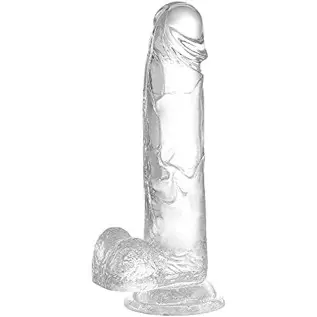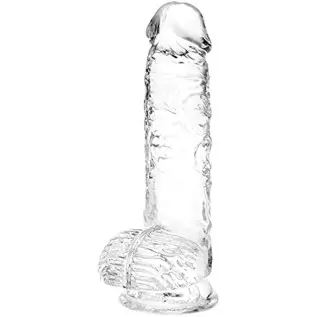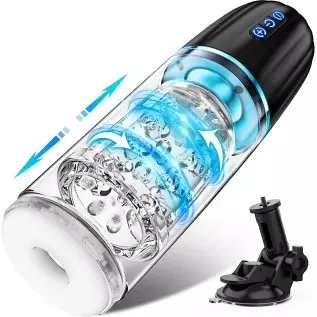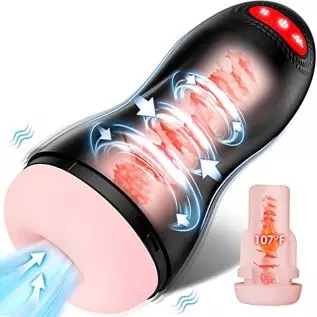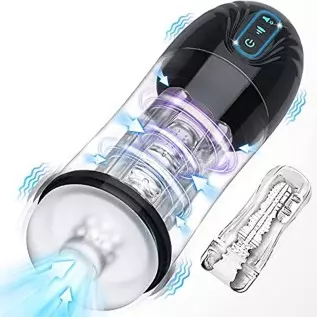Why does a woman’s vulva itch? 5 tips to treat female genital itching
Vulvar itching is a very common symptom in gynecological diseases. The vulva is a particularly sensitive part. Various gynecological lesions and external stimulation can cause itching, making people have trouble sleeping and eating, restless in sitting and lying, and make women suffer. Unspeakable. So, what are the causes of vulvar itching in women? How to treat vulvar itching?
Why does the female vulva itch?
1. Sensitive stimulation
Allergy to systemic or local medications on the vulva, causing vulvar itching.
2. Infectious diseases
Trichomonas vaginitis and fungal vaginitis cause excessive leucorrhea, which can irritate the vulva and cause itching.
3. Congestion of the vulva during pregnancy
Sometimes there are varicose veins, which can cause itching and discomfort of the vulva; increased cervical and vaginal secretions during pregnancy are also one of the reasons.
4. Local lesions of the vulva
Vulvar skin diseases such as vulvar eczema, neurodermatitis, chronic vulvar dystrophy, vulvar tumors, etc. can all cause vulvar pruritus.
5. Menstrual factors
Because menstrual blood flows through the vagina, it disturbs the normal vaginal pH, and the previously hidden pathogenic bacteria can be induced to cause infection and cause vulvar itching.
6. Uncomfortable clothing
For example, if you like to wear some chemical fiber clothes or pants, or use rubber or plastic menstrual belts, the vulva skin will not be well ventilated, soaked in sweat, and cause itching.
How to treat female genital itching?
1. Cause and treatment
Eliminate local or systemic factors causing itching, such as trichomonas, fungal infections or diabetes.
2. General treatment
Pay attention to menstrual hygiene, keep the vulva clean and dry, and avoid scratching. Do not wash in hot water or use soap. If there is infection, potassium permanganate solution can be used for sitz bath, but local scrubbing is strictly prohibited. Clothes, especially underwear, should be loose and breathable. Avoid alcohol and spicy or allergic foods.
3. Traditional Chinese Medicine Treatment
Mothermal medicine believes that dampness and heat, yin deficiency and blood dryness are the main causes of vulvar pruritus in women. From the perspective of overall treatment, the onset of vulvar pruritus is also closely related to the liver, spleen, kidney and other internal organs in the body. , and involves the two channels of Ren and Du. Some cases are caused by dampness and heat in the liver meridian, leukorrhagia soaking the vagina; some are caused by liver and kidney yin deficiency, loss of essence and blood, and vulva malnutrition. Pulmonary pruritus often intersects with leucorrhea, and in severe cases, it may be complicated by vaginal pain.
4. Pay attention to the use of sanitary napkins
When purchasing sanitary napkins, be sure to follow the principle of sterile hygiene, carefully read the production and use instructions of the purchased sanitary napkins, and understand the control of hygienic indicators to facilitate safety and cleanliness. In addition, the sanitary napkin must have a "qualified for use" mark so that it can be purchased with confidence. At the same time, sanitary napkins should be stored in a dry and sterile environment and have a certain validity period. If sanitary napkins get damp or are stored for too long, they will deteriorate and become contaminated even if they are not opened.
5. Develop good habits
(1) Change underwear every day, and it is best to wear loose cotton underwear to keep the vagina breathable and dry.
(2) It is forbidden to scratch. When the vagina is itchy, do not scratch it hard to prevent bleeding, redness and swelling. Do not wash it with hot water to avoid burns.
(3) Pay attention to hygiene. For example, do not wash underwear and socks at the same time, and do not share the bathtub with others. This can easily cause cross-infection of bacteria and lead to recurrence.
(4) If you don’t pay attention to hygiene habits, and always wipe from the anus to the urethra after defecation, you may bring some germs into the vagina, causing recurrence.





